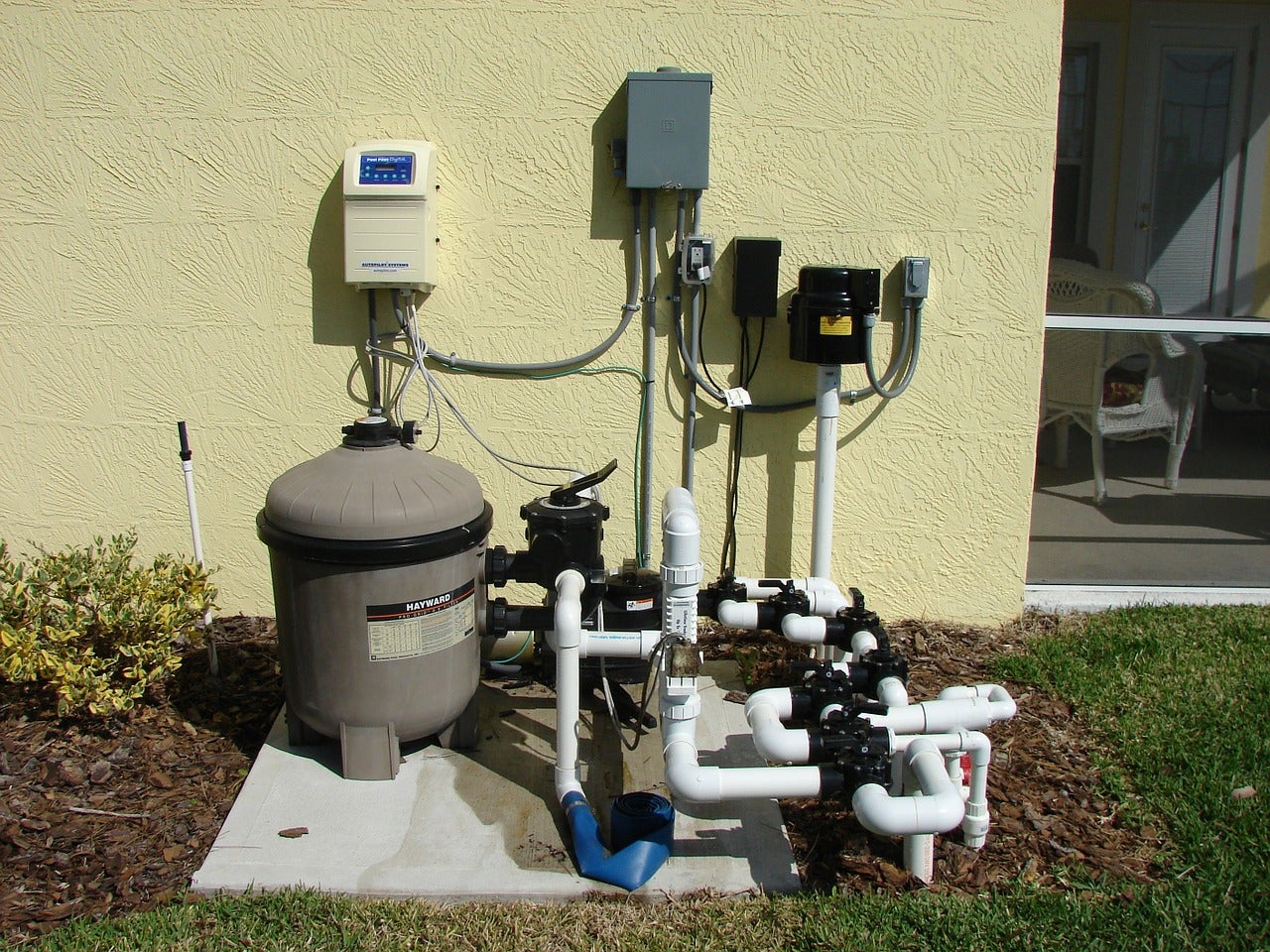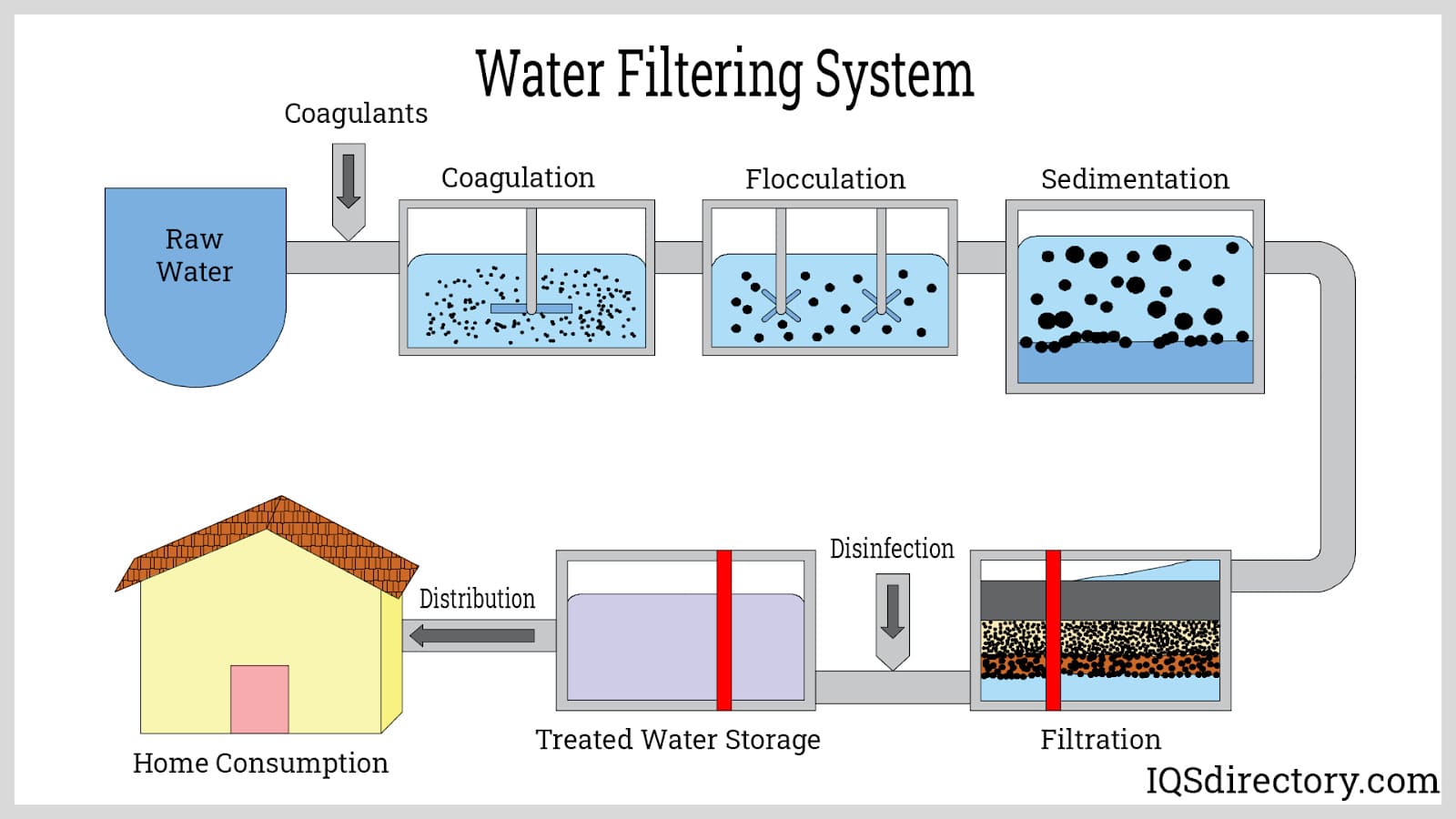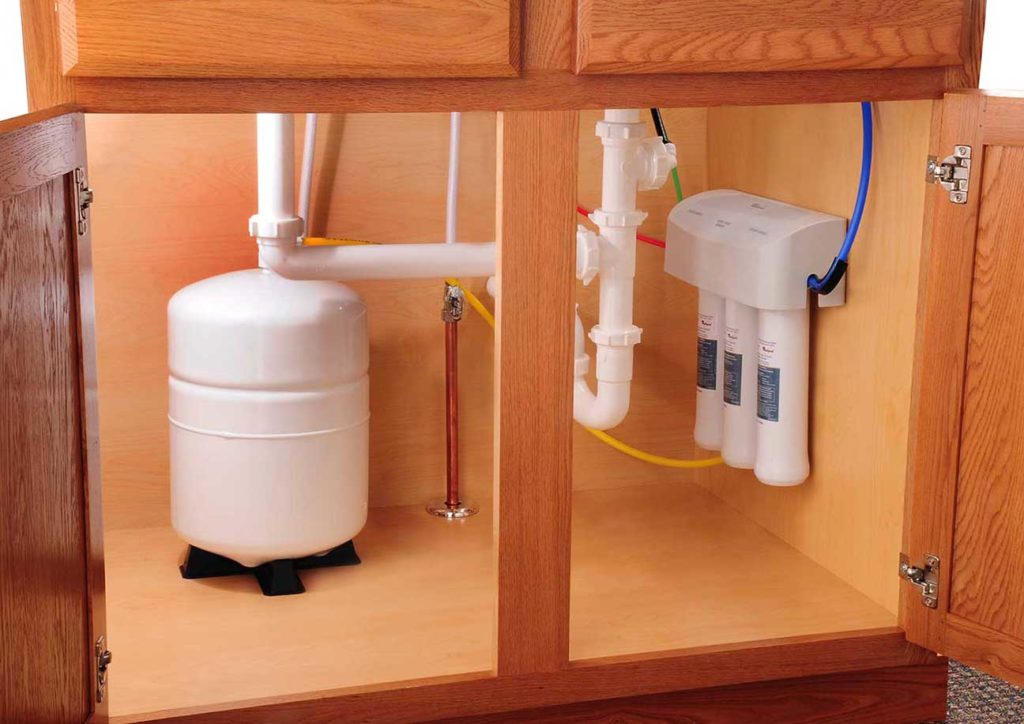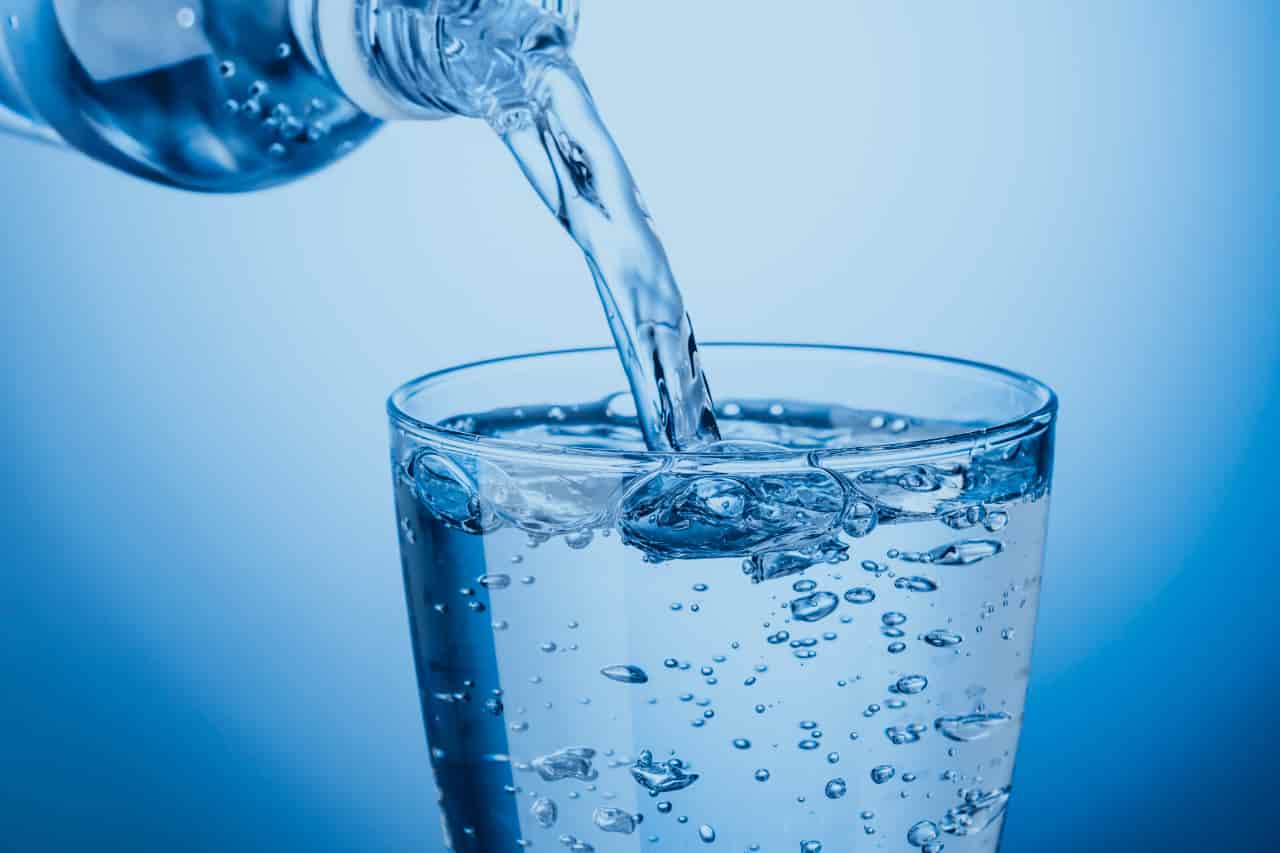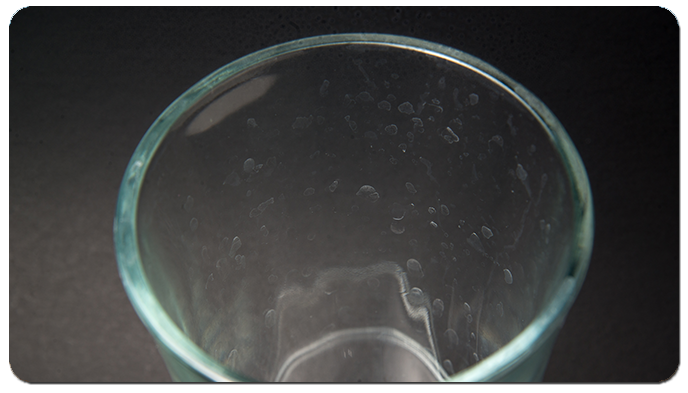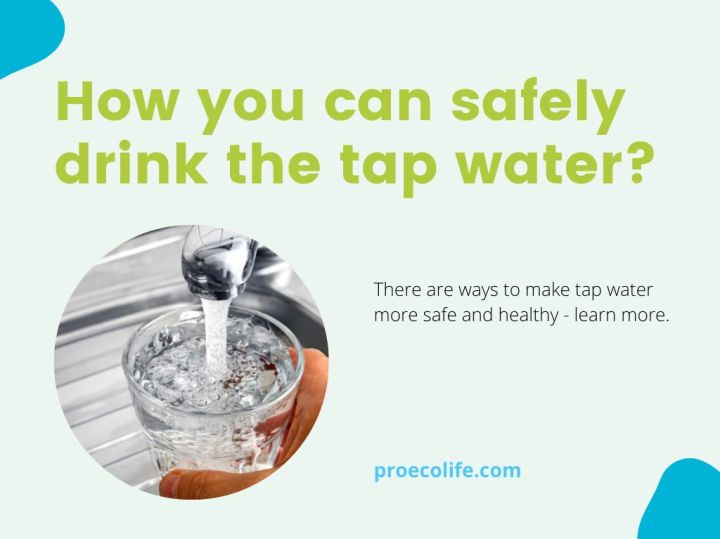Drinking water is essential for our health and well-being, but have you ever stopped to consider the quality of the water coming out of your tap? While tap water may seem harmless, there are actually several health risks associated with drinking it. Tap water is often treated with chemicals such as chlorine to kill harmful bacteria, but these chemicals can have negative effects on our bodies. The Environmental Working Group found that tap water contains over 300 pollutants, including pesticides, heavy metals, and industrial chemicals. Exposure to these contaminants can lead to a range of health issues, from stomach problems to more serious conditions like cancer and reproductive problems. So, is it really safe to drink water straight from the tap?1. Health Risks of Drinking Tap Water
Many people assume that tap water is safe to drink because it is regulated by the government. However, this is not always the case. The Safe Drinking Water Act, which was passed in 1974, only regulates 91 contaminants. This means that there are still many potential toxins in our tap water that are not being monitored or regulated. In fact, a study by the Environmental Working Group found that 22 carcinogens, including arsenic, were present in tap water supplies across the United States. This is a cause for concern, especially for those who are more vulnerable to the effects of these contaminants, such as children and pregnant women.2. The Truth About Tap Water Safety
Despite the potential risks, tap water is still considered safe to drink in most areas. The Environmental Protection Agency (EPA) sets legal limits for the levels of contaminants in tap water, and most municipal water treatment facilities adhere to these regulations. However, it's important to note that these legal limits are based on the effects of short-term exposure, meaning they may not take into account the long-term effects of consuming small amounts of these contaminants over a prolonged period of time. Additionally, tap water can become contaminated during its journey from the treatment facility to your home. Old and corroded pipes can release lead and other harmful substances into the water, making it unsafe to drink.3. Is Tap Water Safe to Drink?
While tap water may be considered safe to drink, it's important to note that this is only the case if it has been properly filtered. As mentioned before, tap water can contain a variety of contaminants that can have negative effects on our health. If you are not using a filtration system in your home, you are putting yourself at risk of consuming these pollutants. This can lead to a range of health issues, as well as a bad taste and odor in your water. Investing in a high-quality water filter can help to remove these contaminants and ensure that the water you are drinking is safe and clean.4. The Dangers of Drinking Unfiltered Tap Water
So, what exactly is in your tap water? While the specific contaminants can vary depending on your location, there are some common substances that can be found in tap water across the country. Chlorine is added to tap water to kill harmful bacteria, but it can also react with organic matter in the water to create disinfection byproducts (DBPs). These DBPs have been linked to an increased risk of cancer and other health problems. Fluoride is another common additive in tap water. While it is meant to help prevent tooth decay, excessive consumption of fluoride has been linked to skeletal fluorosis, a condition that causes joint pain and stiffness. Lead is a toxic metal that can be present in tap water due to old pipes or plumbing fixtures. Exposure to lead can cause developmental delays in children and other serious health issues.5. What's Really in Your Tap Water?
With all of the potential risks associated with tap water, it's no wonder that more and more people are turning to filtered water as their primary source of drinking water. Filtered water not only removes harmful contaminants, but it can also improve the taste and smell of your water. By removing chlorine and other chemicals, filtered water can be more enjoyable to drink, making it easier to stay hydrated throughout the day. Additionally, filtered water can be a more environmentally-friendly option, as it reduces the use of plastic water bottles that can contribute to pollution and harm to our planet.6. The Benefits of Drinking Filtered Water
If you are relying on tap water as your main source of drinking water, there are some steps you can take to ensure that it is safe for consumption. First, get your water tested. This can be done through a local lab or through a testing kit that can be purchased online. This will give you a better understanding of what contaminants may be present in your tap water. Second, invest in a high-quality water filtration system. There are many options available, from simple pitchers to under-the-sink systems. Do your research and choose a filter that best suits your needs and budget. Finally, consider switching to bottled or filtered water for drinking and cooking purposes. While this may be an extra expense, it can give you peace of mind knowing that you are consuming clean and safe water.7. How to Ensure Your Tap Water is Safe to Drink
Water filtration systems are essential for ensuring the quality and safety of our drinking water. Not only do they remove harmful contaminants, but they can also improve the taste and odor of tap water. There are many different types of water filtration systems available, from simple carbon filters to reverse osmosis systems. The type you choose will depend on your specific needs and budget, but any type of filtration is better than none. Investing in a water filtration system can also save you money in the long run, as you won't have to constantly purchase bottled water or worry about the potential health costs associated with consuming unfiltered tap water.8. The Importance of Water Filtration Systems
It's important to educate yourself about the quality of your tap water and the potential risks associated with it. This can help you make informed decisions about your drinking water and take the necessary steps to ensure its safety. Research your local water supplier and find out what contaminants they test for and what levels are considered safe. You can also check the annual water quality report for your area, which is required to be provided by your water supplier. Keep an eye out for any changes in your water, such as a change in color, taste, or odor. This could be a sign of a new contaminant or a problem with your water supply.9. Understanding the Quality of Your Tap Water
If you are still concerned about the safety of your tap water, there are several alternatives you can consider. Bottled water is a popular choice, but it can be expensive and contribute to plastic waste. Make sure to choose a reputable brand that uses filtration methods to ensure the quality of their water. Filtered or spring water can also be a good alternative, as they are typically tested and monitored for contaminants. However, make sure to do your research and choose a brand that uses reliable filtration methods. Distilled water is another option, as it has gone through a process of boiling and condensation to remove impurities. However, this process also removes beneficial minerals from the water, so it may not be the best option for everyday consumption.10. Alternatives to Drinking Tap Water
The Importance of Safe Drinking Water in House Design

Creating a Safe and Healthy Home Environment
 When designing a house, there are many important factors to consider, from aesthetics to functionality. However, one aspect that should never be overlooked is the quality of the water that will be used in the house.
Drinking water is essential for our daily lives, and ensuring that it is safe and clean is crucial for maintaining our health and well-being.
With the rise of environmental concerns and water pollution, it is important to ask the question: Is it okay to drink kitchen sink water?
When designing a house, there are many important factors to consider, from aesthetics to functionality. However, one aspect that should never be overlooked is the quality of the water that will be used in the house.
Drinking water is essential for our daily lives, and ensuring that it is safe and clean is crucial for maintaining our health and well-being.
With the rise of environmental concerns and water pollution, it is important to ask the question: Is it okay to drink kitchen sink water?
The Truth About Tap Water
 Many people assume that tap water is safe to drink because it goes through a filtration process before reaching our homes. While this is true, there are still potential risks and contaminants that can be found in tap water.
Chemicals such as chlorine, fluoride, and lead can still be present in tap water and may cause health issues if consumed regularly.
In fact, according to the Environmental Working Group, there are over 300 contaminants found in tap water across the United States. This is why it is important to take precautions and ensure that the water in our homes is safe for consumption.
Many people assume that tap water is safe to drink because it goes through a filtration process before reaching our homes. While this is true, there are still potential risks and contaminants that can be found in tap water.
Chemicals such as chlorine, fluoride, and lead can still be present in tap water and may cause health issues if consumed regularly.
In fact, according to the Environmental Working Group, there are over 300 contaminants found in tap water across the United States. This is why it is important to take precautions and ensure that the water in our homes is safe for consumption.
The Benefits of a Water Filtration System
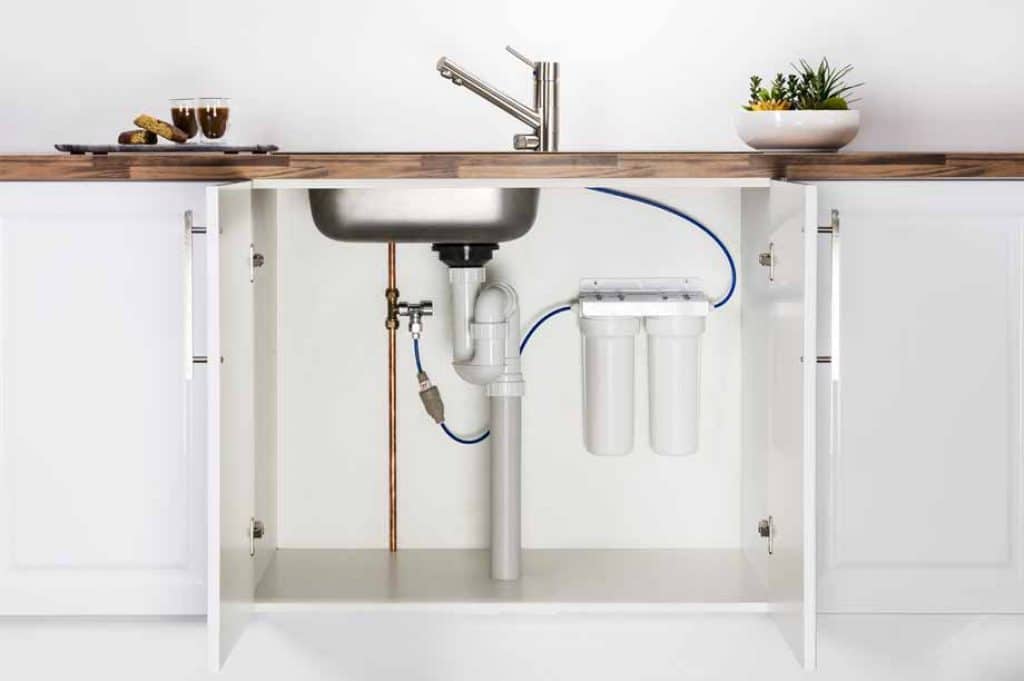 Installing a water filtration system in your home can provide numerous benefits, especially when it comes to the water used for drinking and cooking.
Not only does it remove impurities and chemicals, but it also improves the taste and odor of the water.
This can also lead to cost savings in the long run, as you will no longer need to purchase bottled water or constantly replace filters on faucet attachments. Additionally, using filtered water can also have positive impacts on the environment by reducing plastic waste.
Installing a water filtration system in your home can provide numerous benefits, especially when it comes to the water used for drinking and cooking.
Not only does it remove impurities and chemicals, but it also improves the taste and odor of the water.
This can also lead to cost savings in the long run, as you will no longer need to purchase bottled water or constantly replace filters on faucet attachments. Additionally, using filtered water can also have positive impacts on the environment by reducing plastic waste.
The Alternative: Bottled Water
 Many people turn to bottled water as an alternative to tap water, thinking it is a safer option. However, bottled water is not regulated as strictly as tap water and can still contain contaminants.
In fact, a study by Orb Media found that 93% of bottled water showed traces of microplastics, which can be harmful to our health.
Furthermore, plastic bottles contribute to pollution and harm the environment. Choosing a water filtration system over bottled water is not only better for our health, but also for the planet.
Many people turn to bottled water as an alternative to tap water, thinking it is a safer option. However, bottled water is not regulated as strictly as tap water and can still contain contaminants.
In fact, a study by Orb Media found that 93% of bottled water showed traces of microplastics, which can be harmful to our health.
Furthermore, plastic bottles contribute to pollution and harm the environment. Choosing a water filtration system over bottled water is not only better for our health, but also for the planet.
In Conclusion
 In conclusion, while it may be tempting to simply turn on the tap and drink kitchen sink water, it is important to consider the potential risks and take steps to ensure the safety and quality of our drinking water. Installing a water filtration system in our homes is a simple and effective way to provide clean and safe drinking water for our families.
Not only does it promote a healthier lifestyle, but it also contributes to a more sustainable and environmentally-friendly household.
So, is it okay to drink kitchen sink water? With a water filtration system in place, the answer is a confident yes.
In conclusion, while it may be tempting to simply turn on the tap and drink kitchen sink water, it is important to consider the potential risks and take steps to ensure the safety and quality of our drinking water. Installing a water filtration system in our homes is a simple and effective way to provide clean and safe drinking water for our families.
Not only does it promote a healthier lifestyle, but it also contributes to a more sustainable and environmentally-friendly household.
So, is it okay to drink kitchen sink water? With a water filtration system in place, the answer is a confident yes.



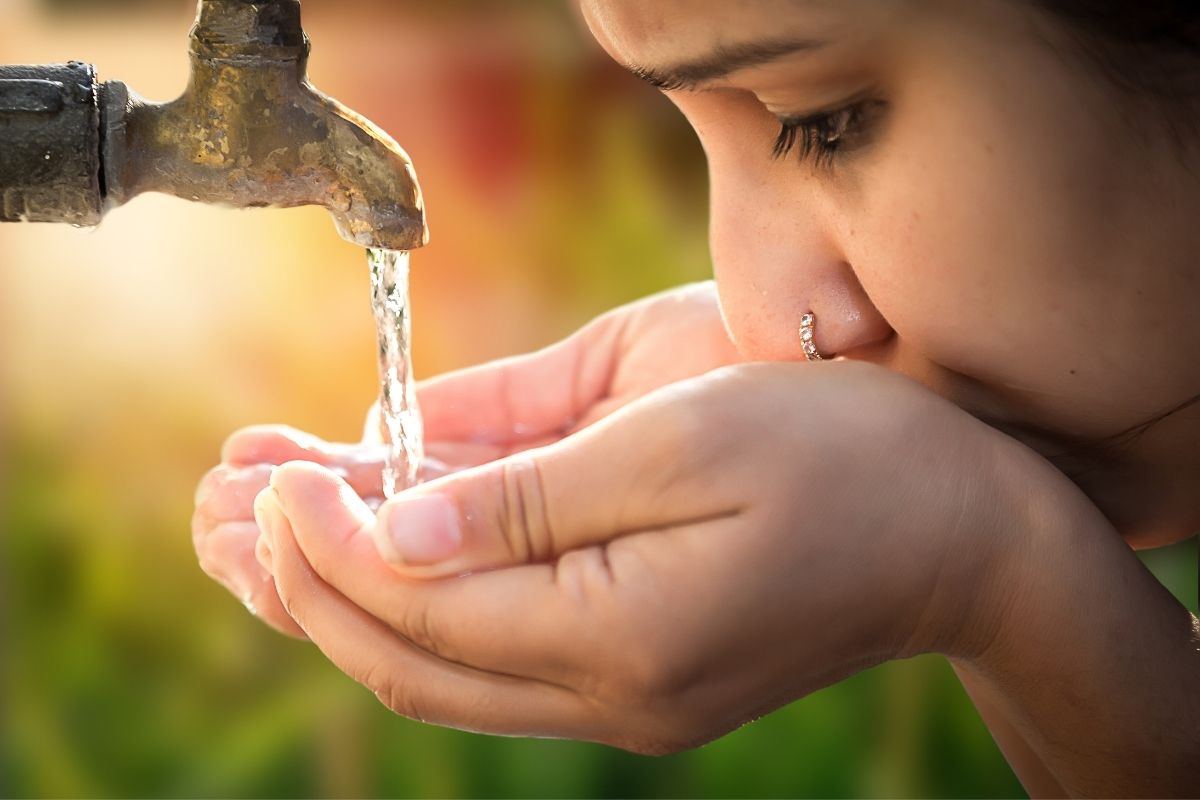
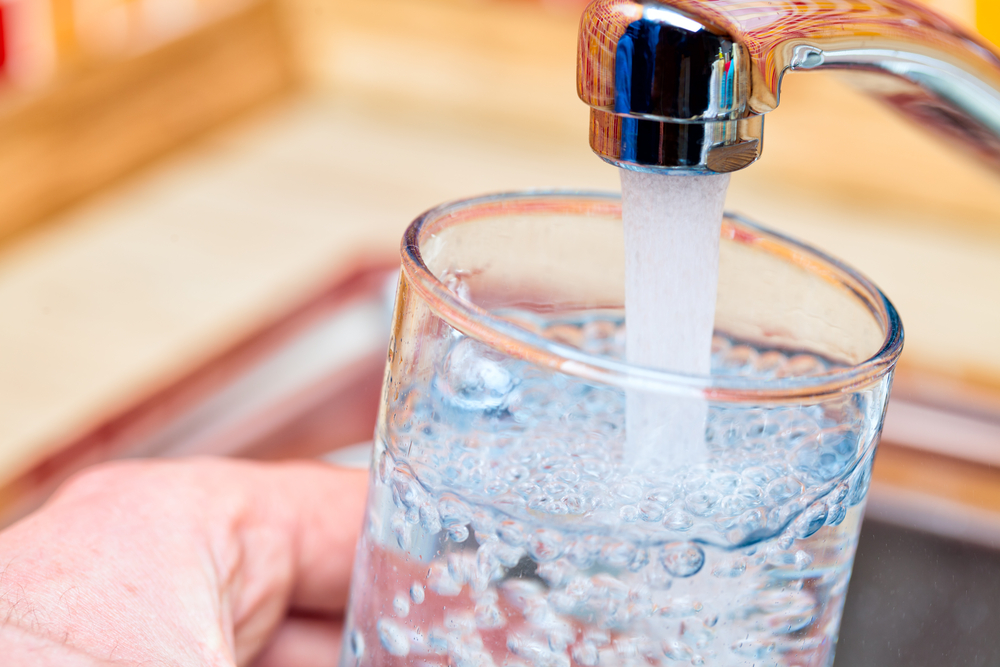


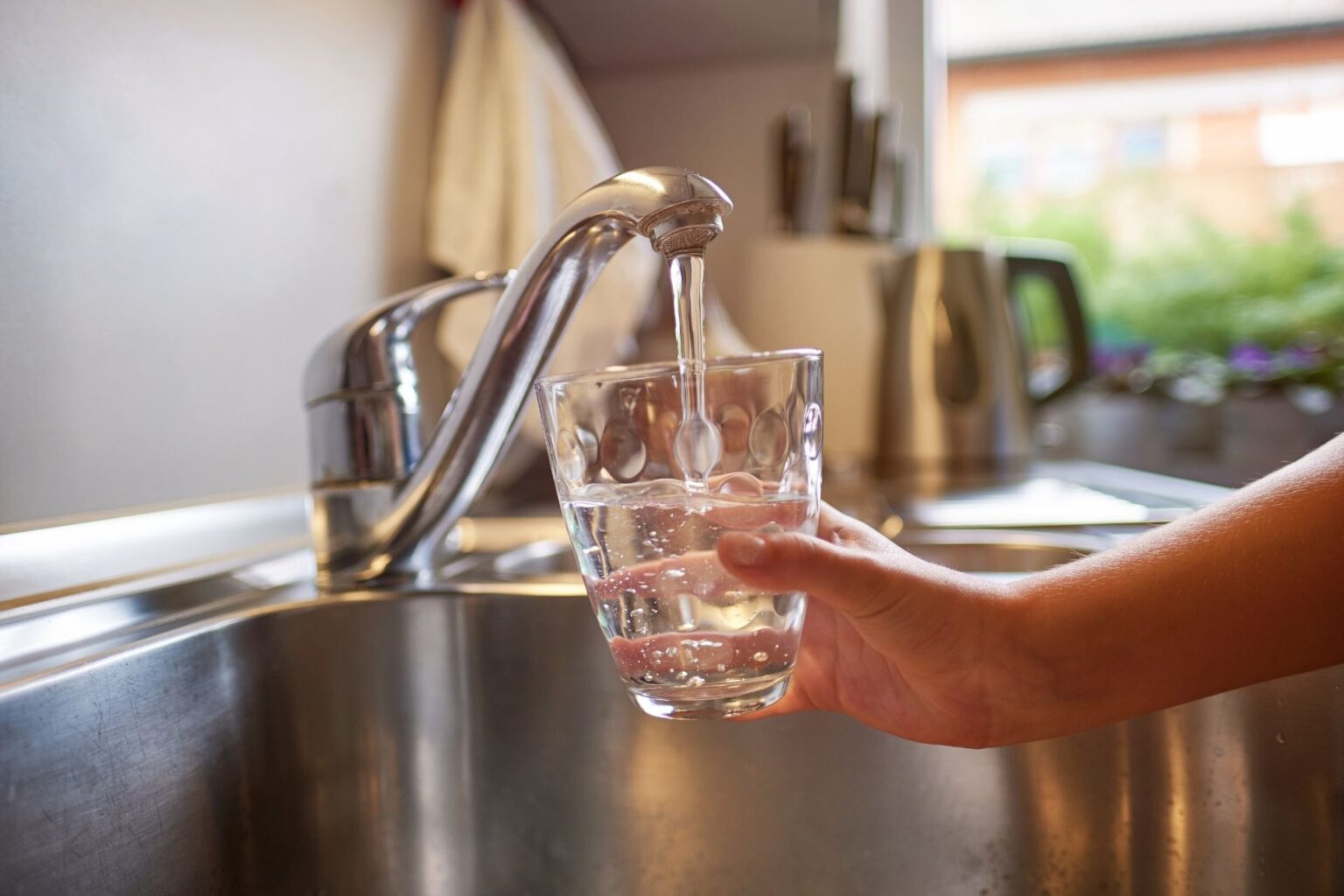
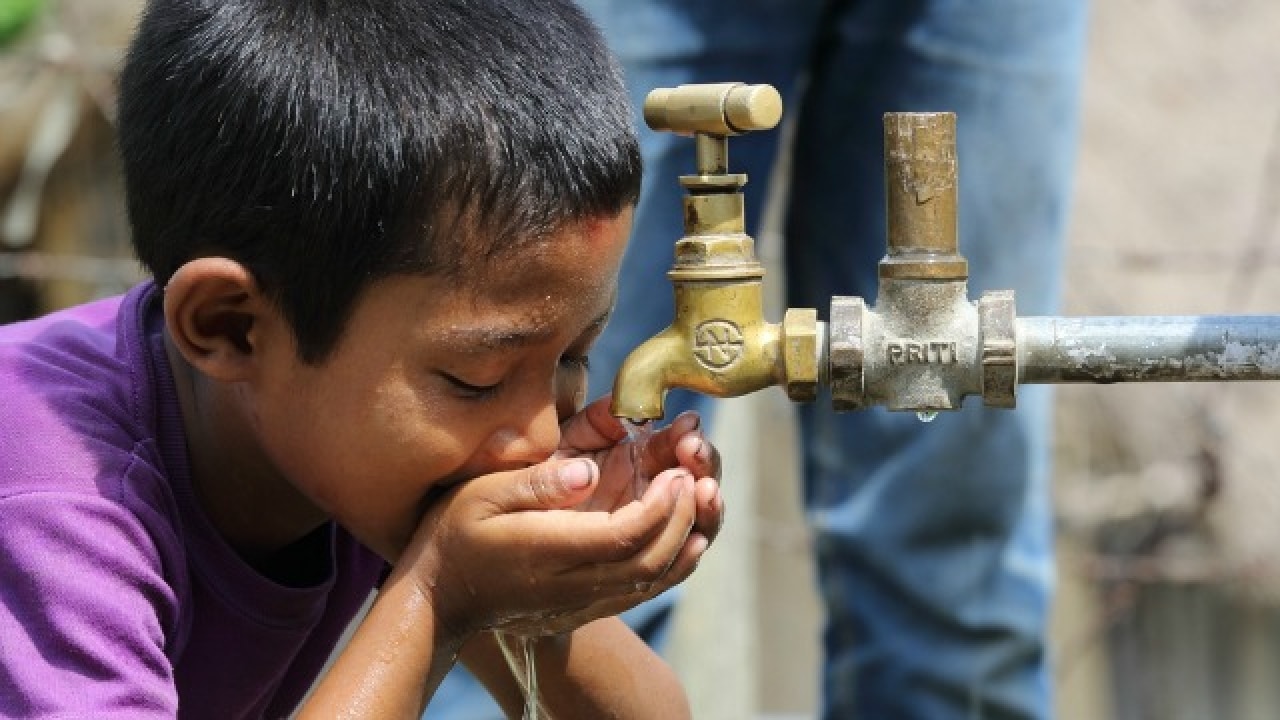

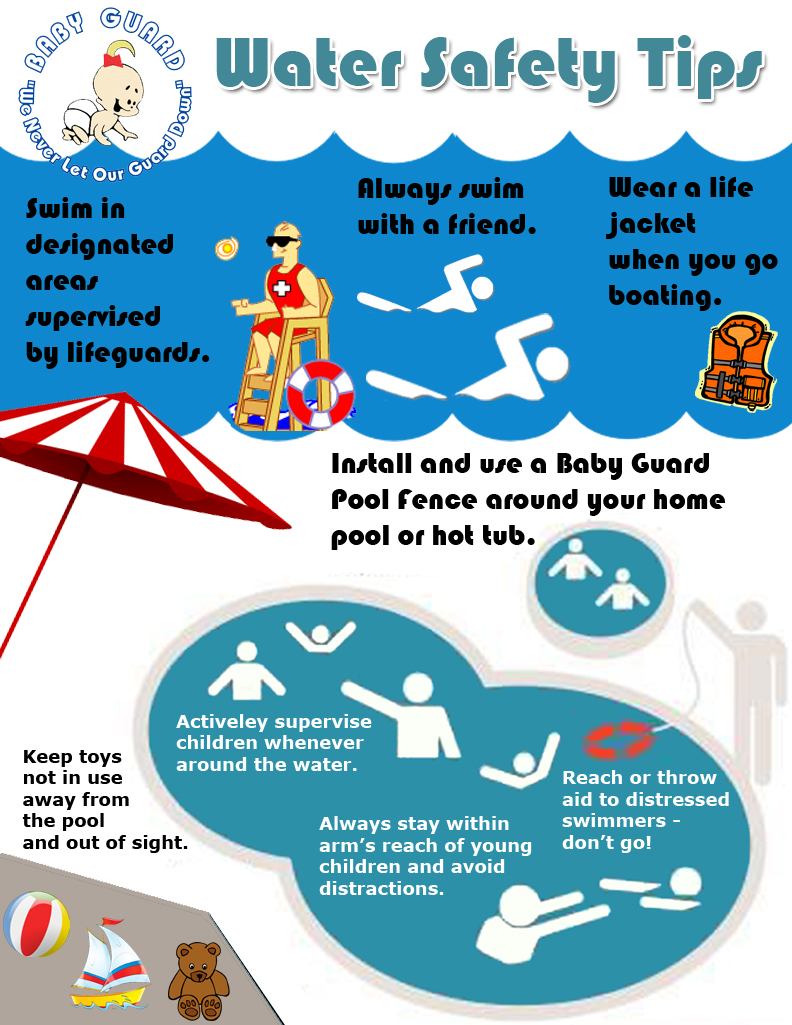


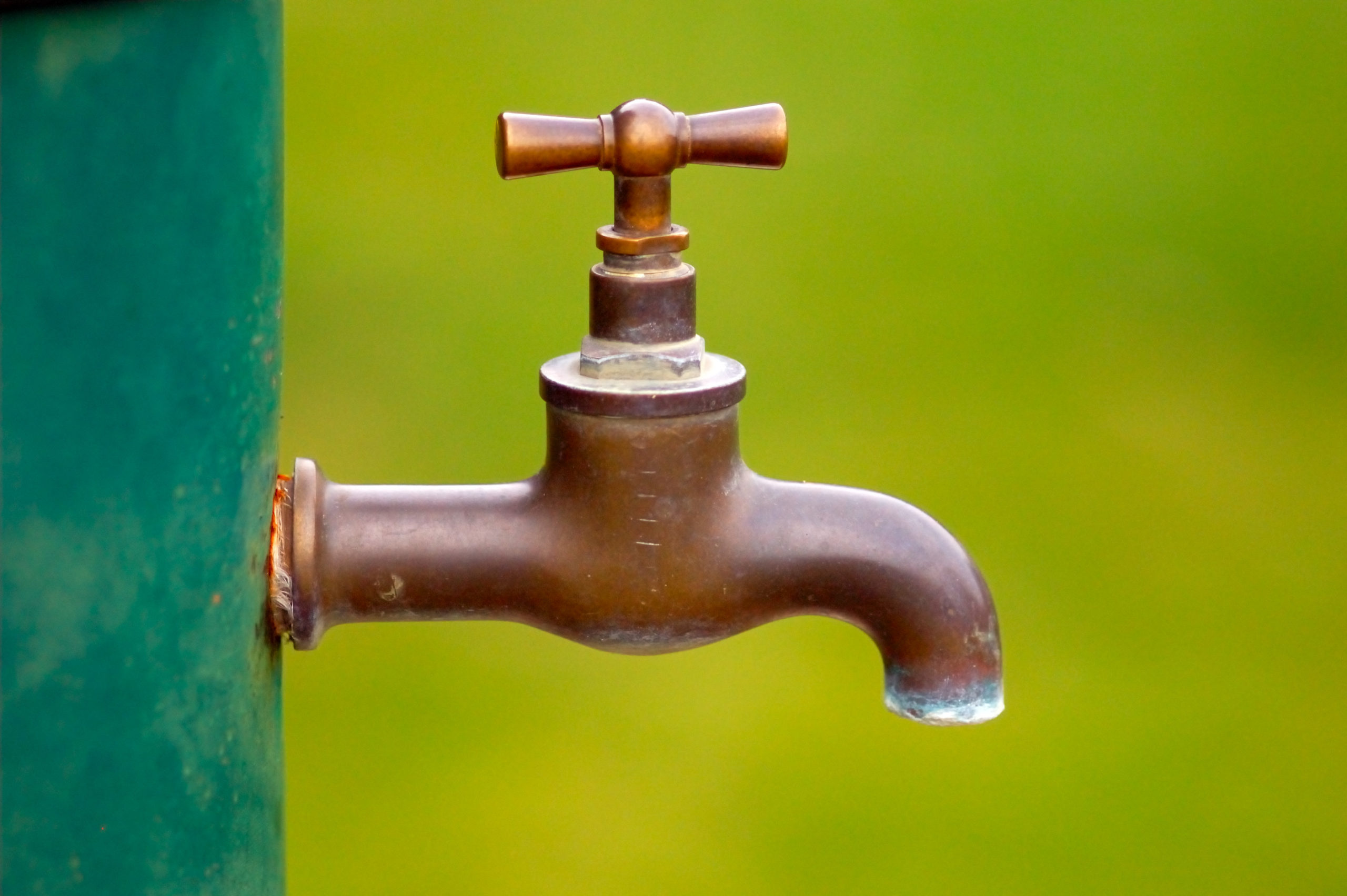

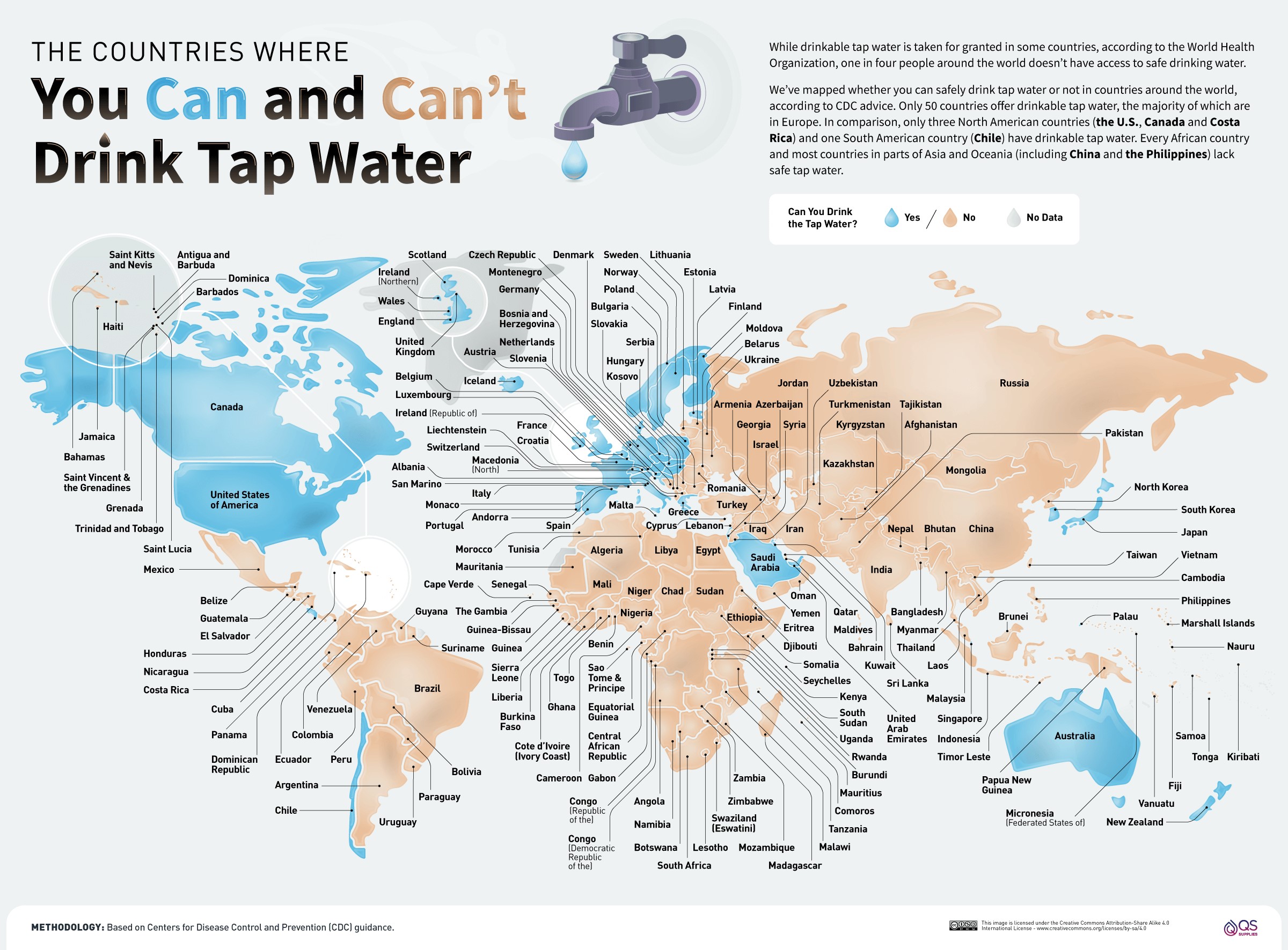






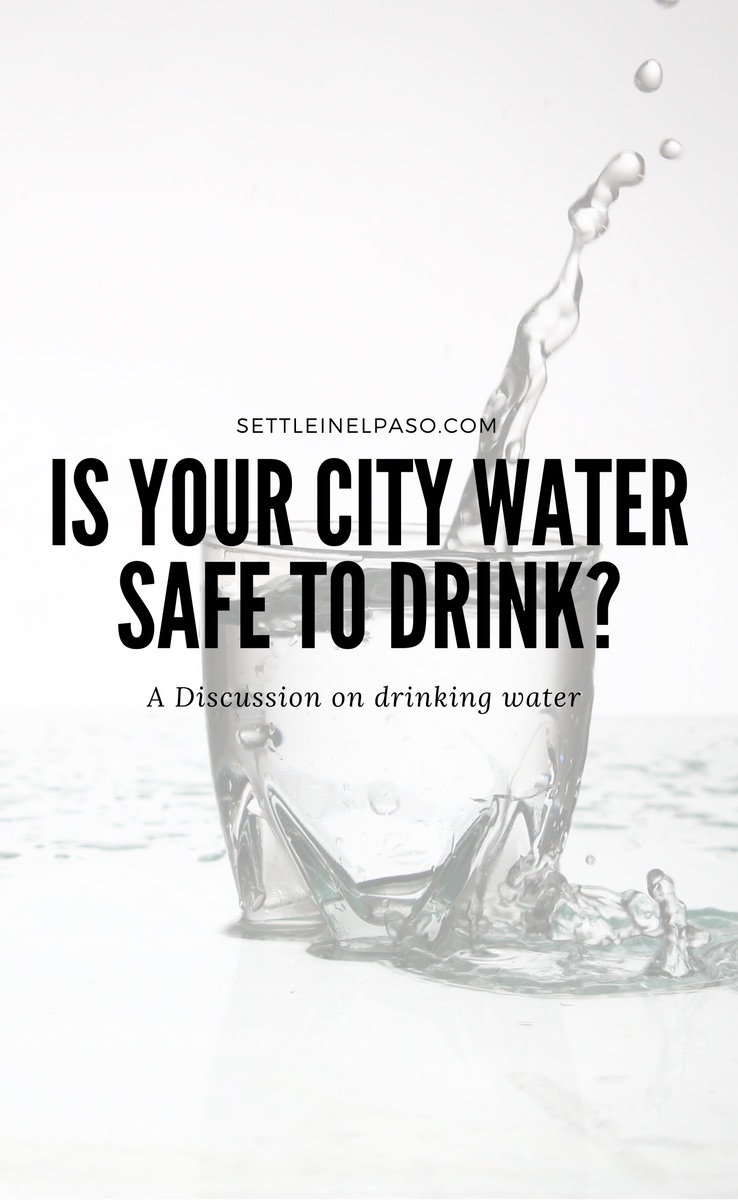
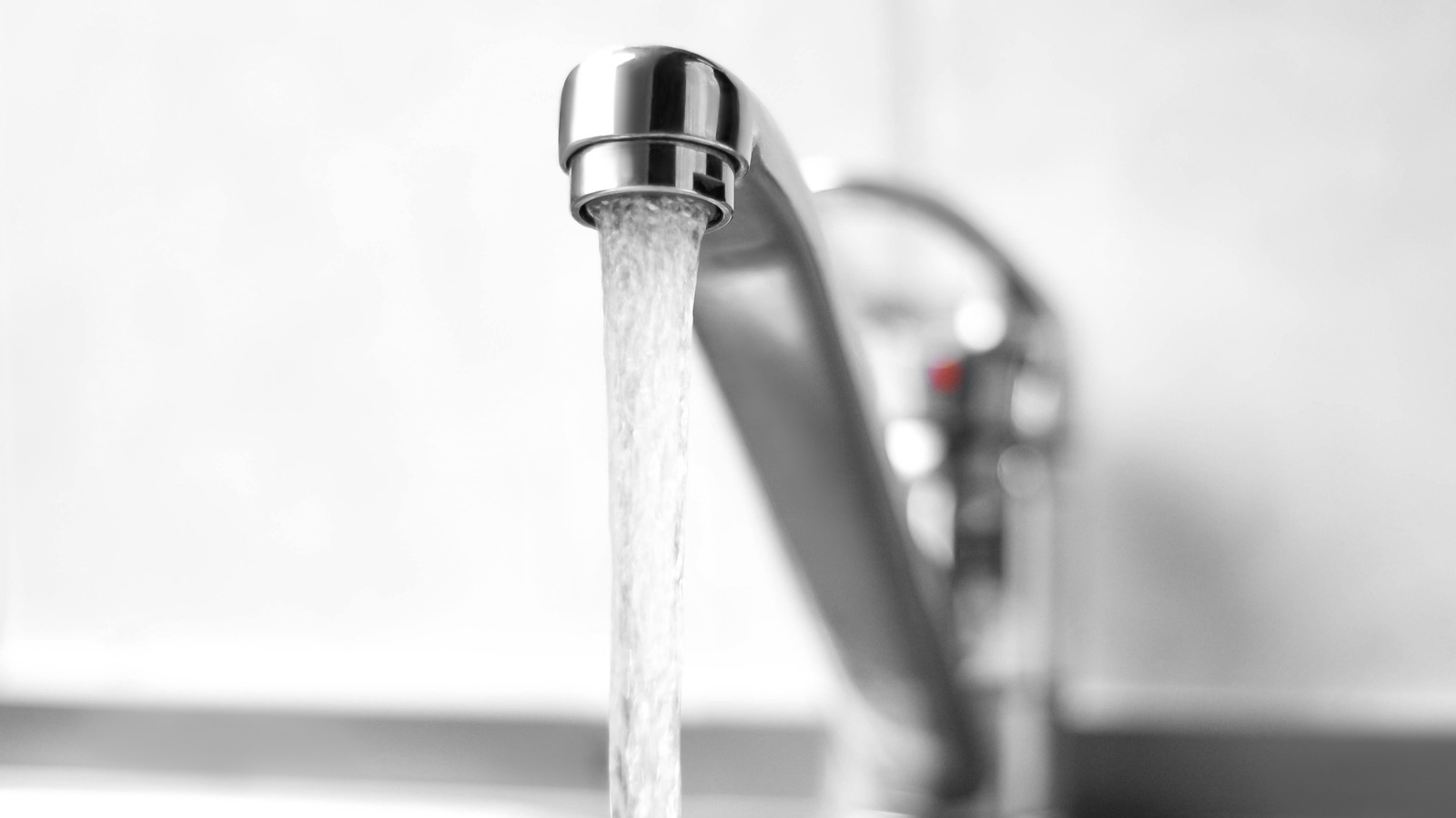
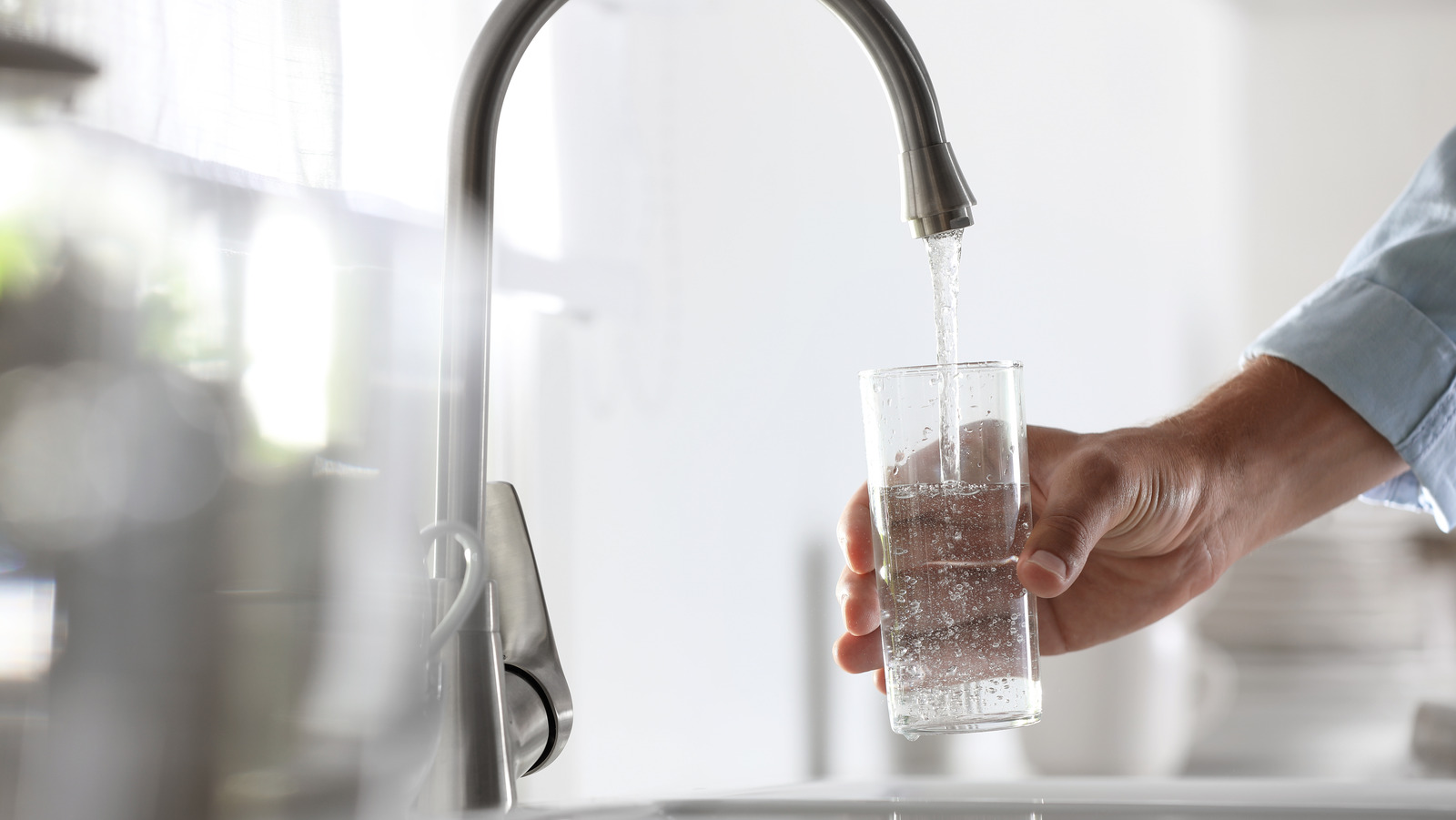

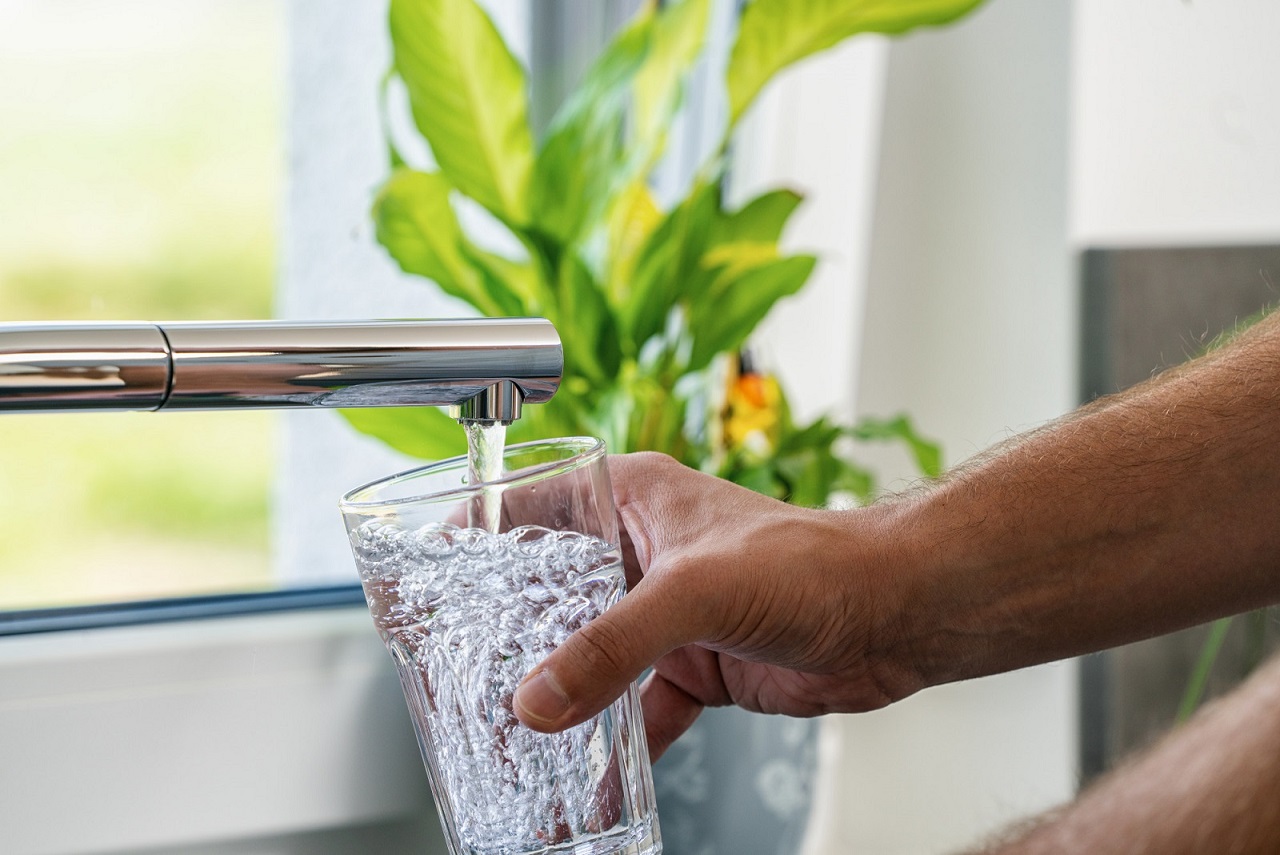
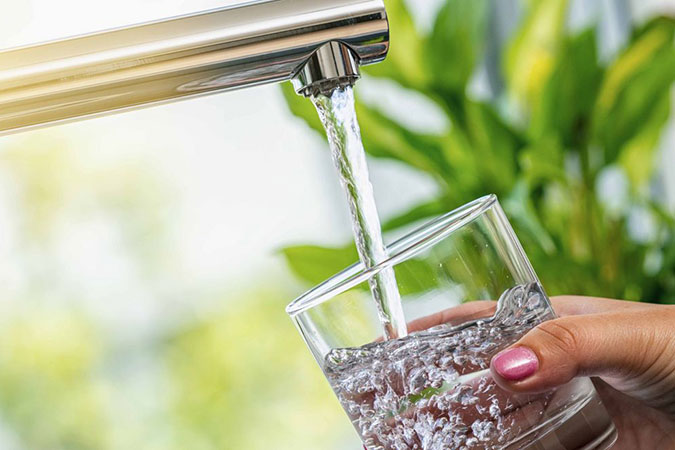




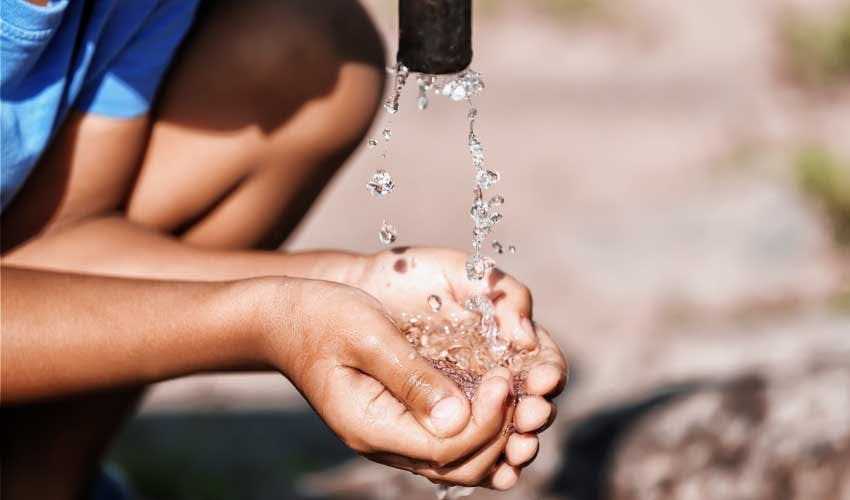




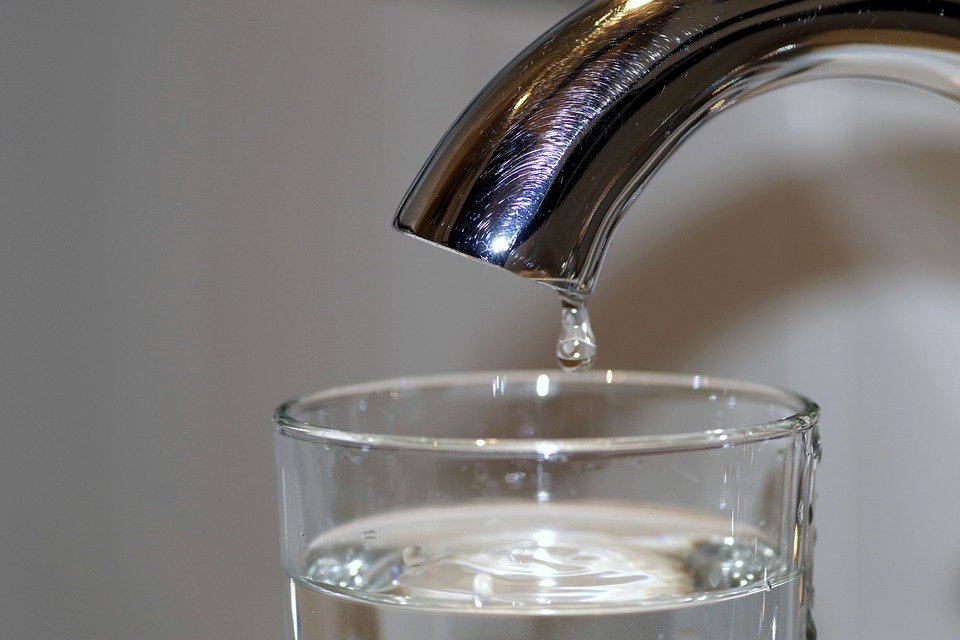
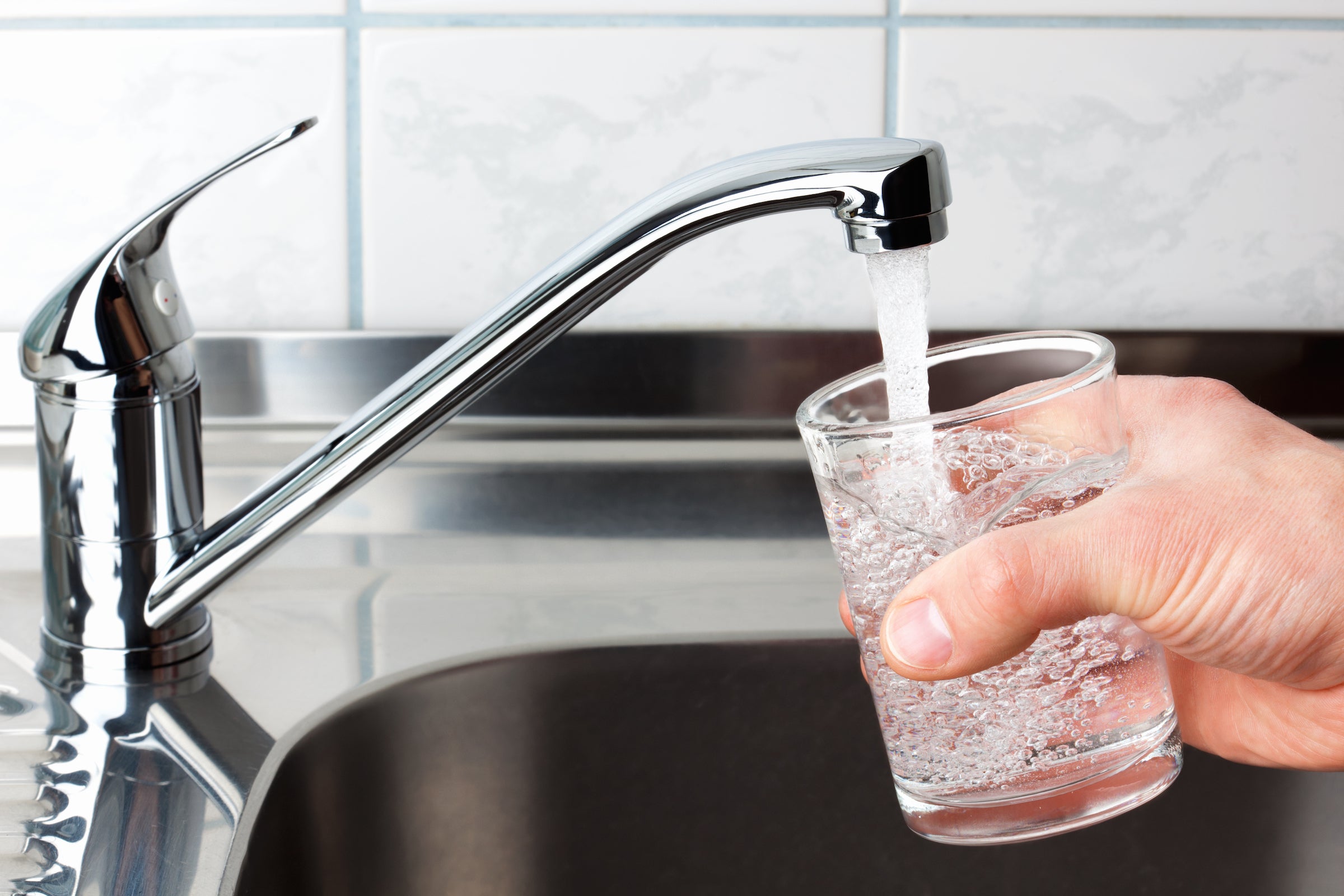

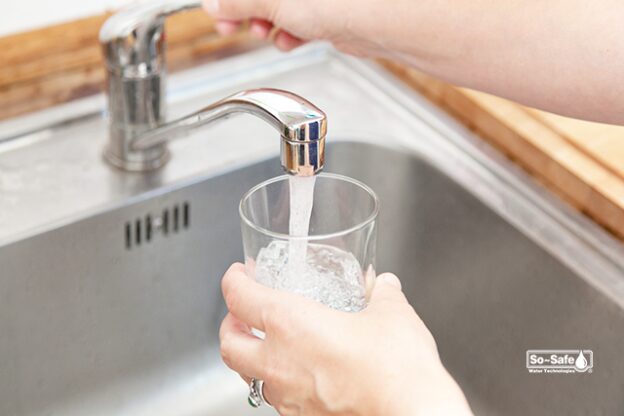







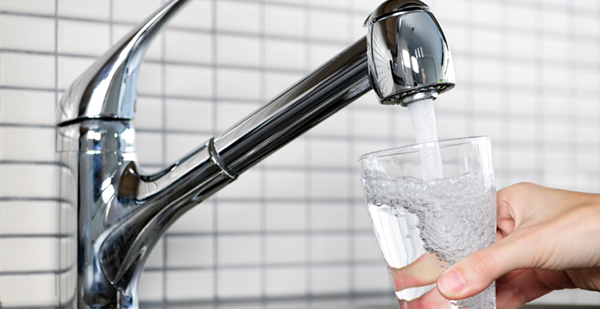




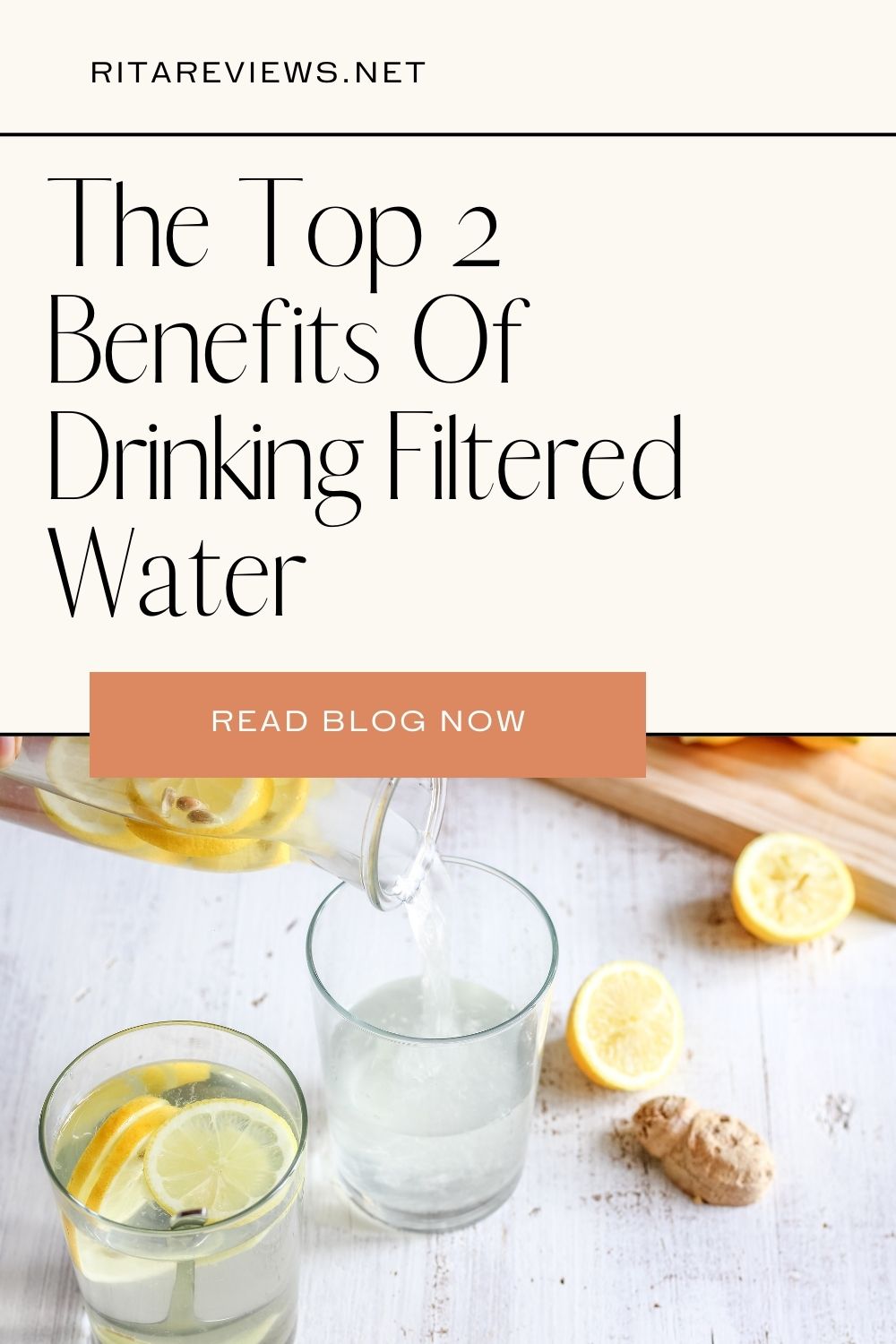





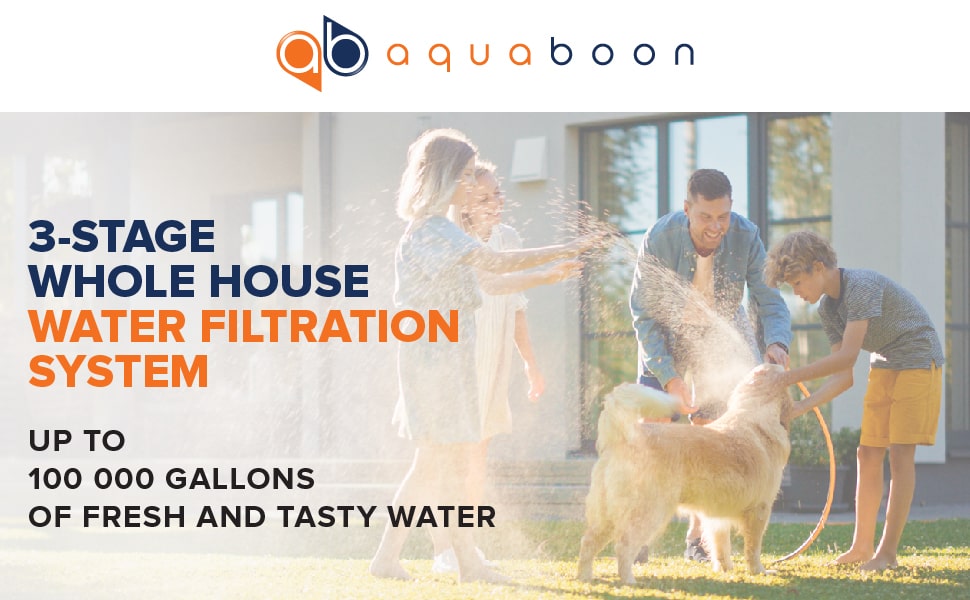
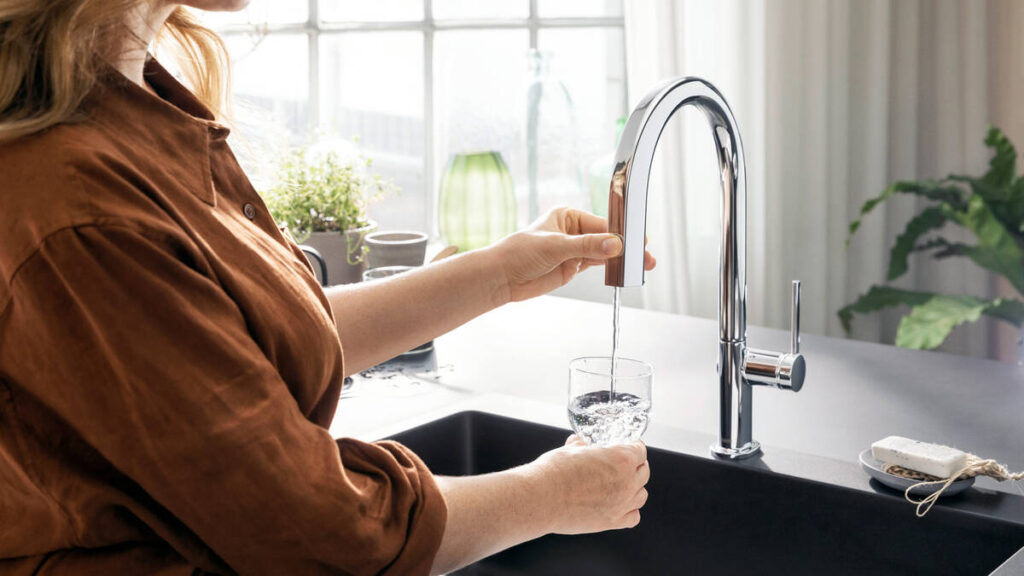
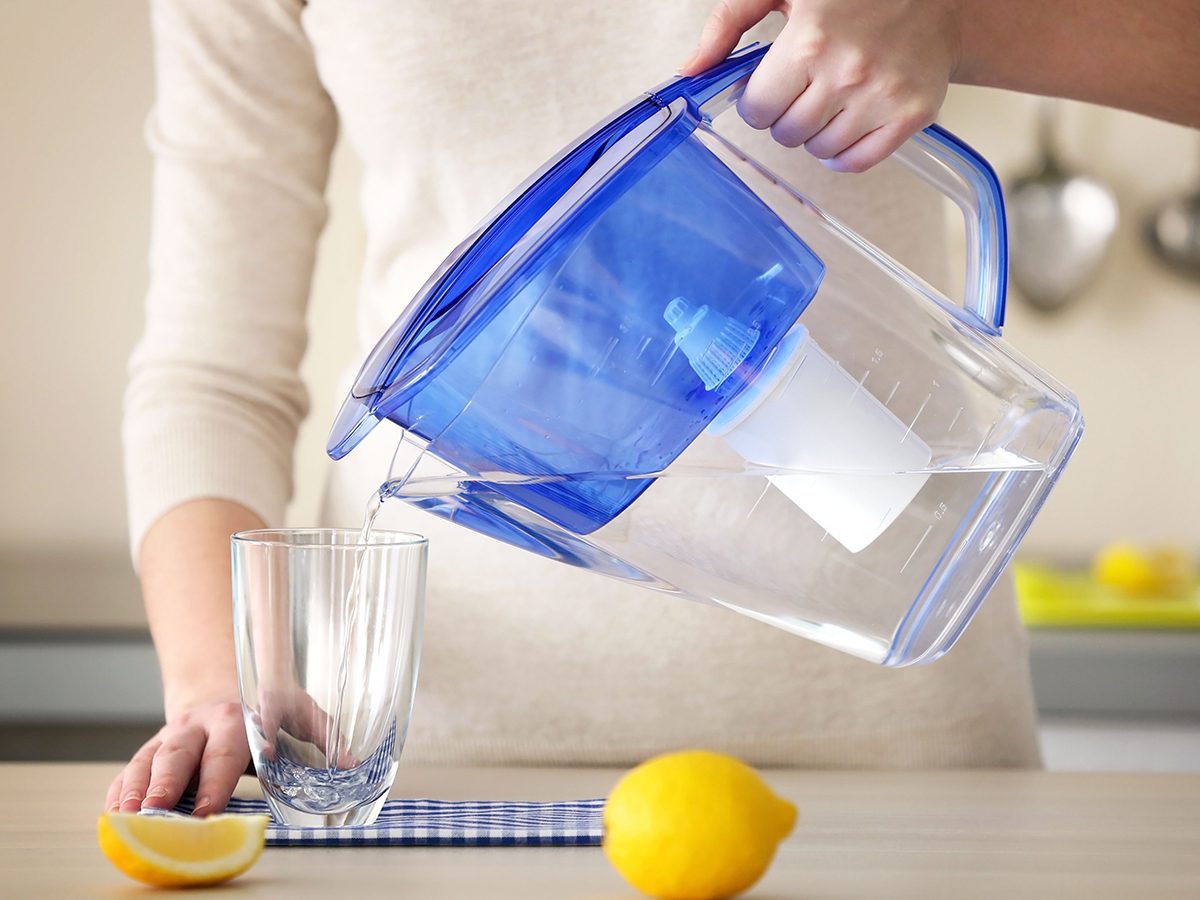


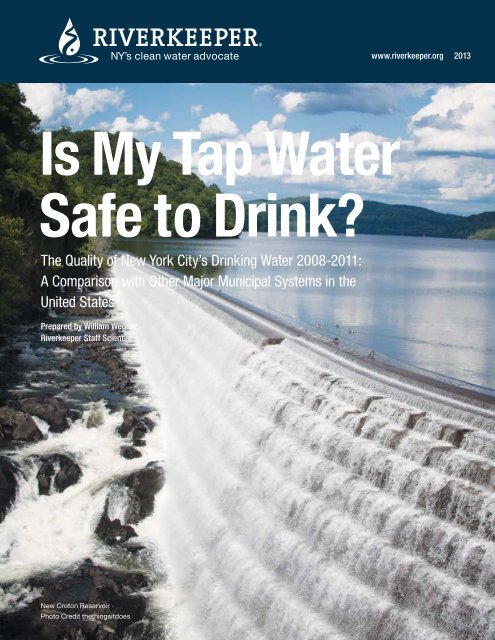

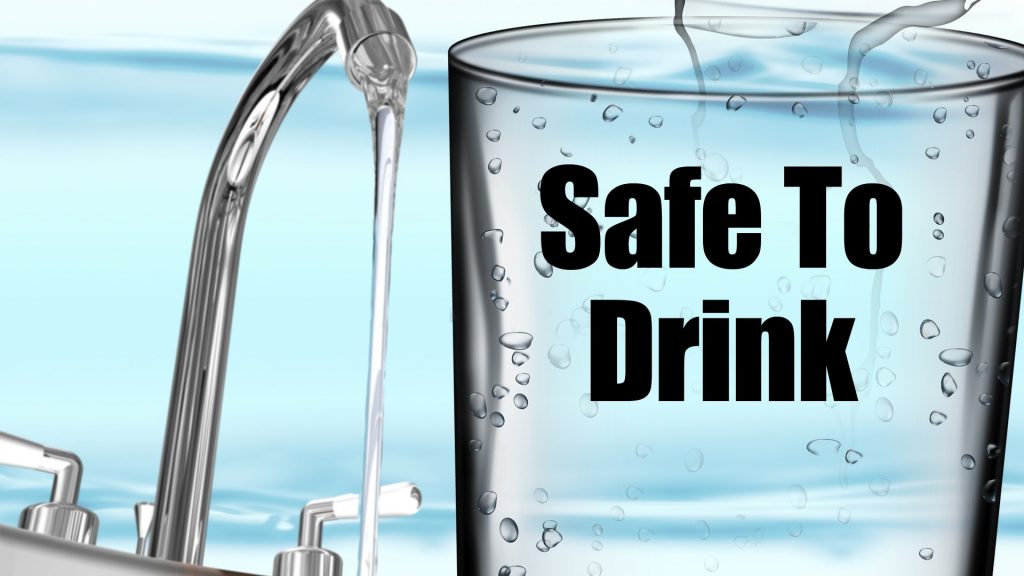
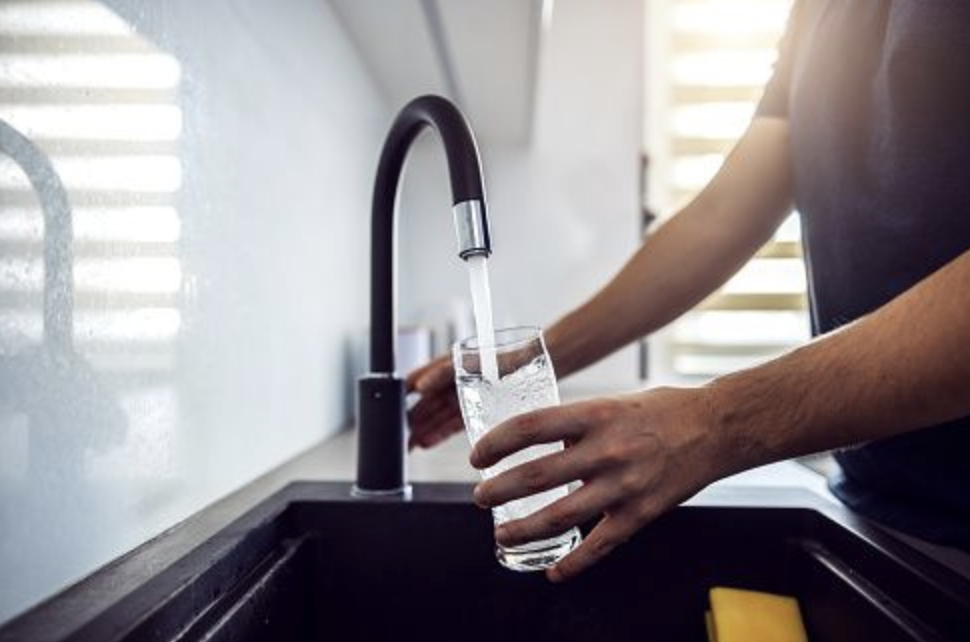


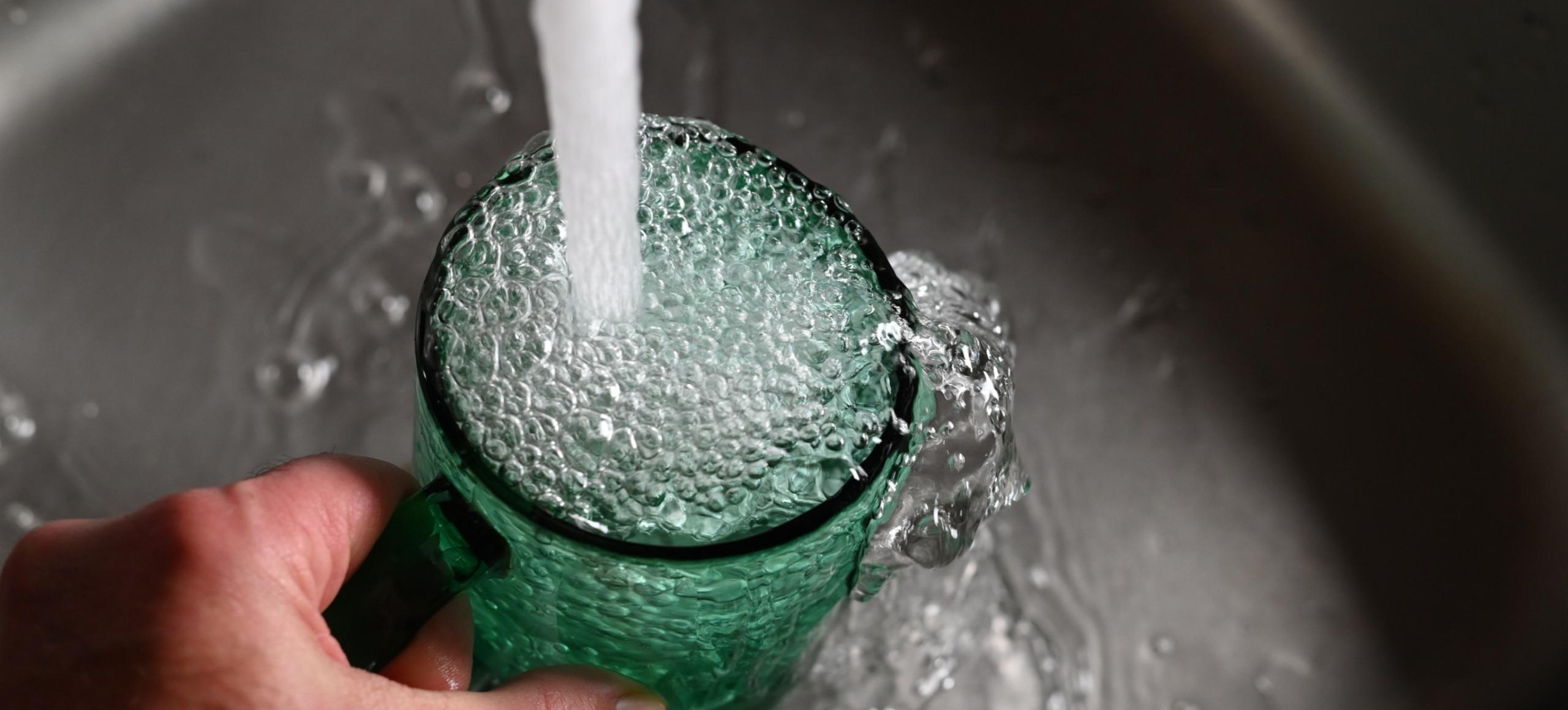

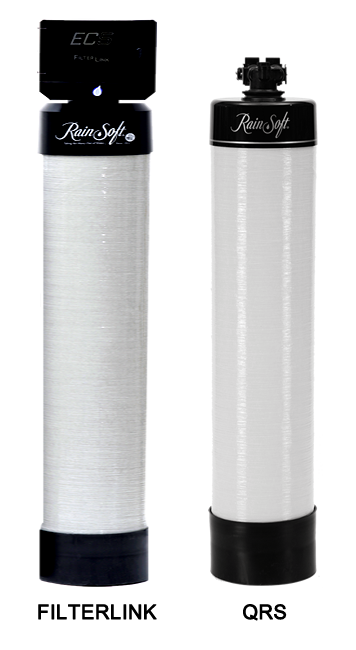

/water-filtration-purpose-1907916-hero-aabf1e8a9fde40d78cef32559f3c2036.jpg)

